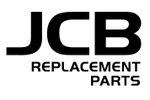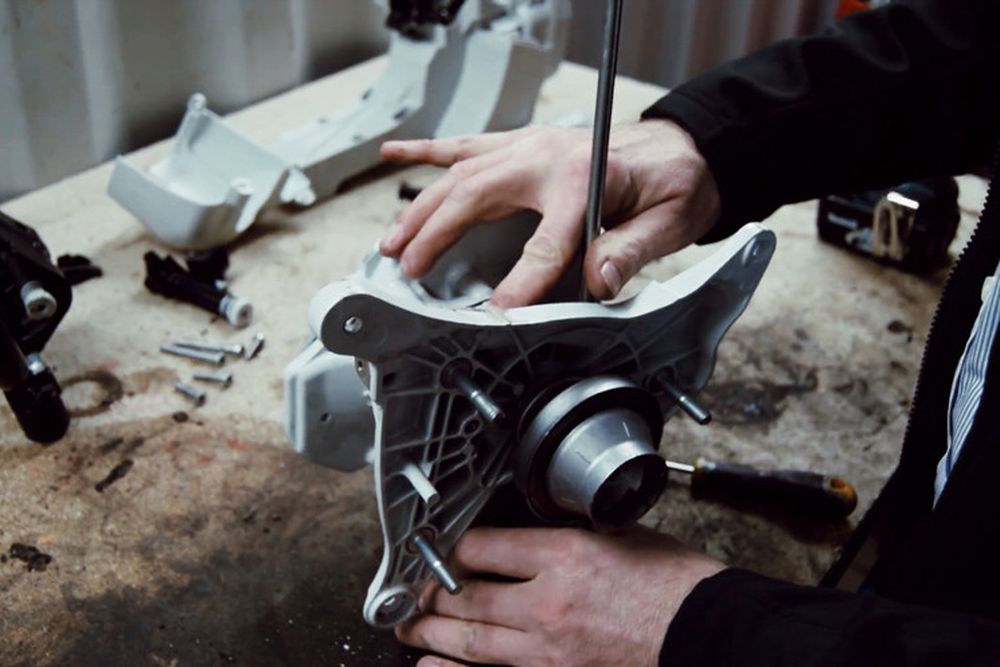As the days get colder (and wetter!), the rush is now on to complete projects before Christmas. But that is no excuse for taking short cuts when it comes to maintaining your plant and equipment.
A drop in temperature can still be tough on equipment so this is the best time to ensure that your equipment is working 100% of the time at 100% efficiency.
The following points are what we recommend. We are all about keeping your hire fleet working!
Air compressors
Do you use your air compressors frequently throughout the winter months? If you do, there’s no extra action you need to take. Just ensure that you check the hoses and belts for cracks and wear before starting them up.
If you don’t use compressors much in colder weather, we recommend that you start them up and let them run to operating temperature every four weeks or so. Also check hoses and belts for cracks or wear and arrange for replacements if necessary.
Batteries
Low temperatures won’t affect the life of a battery but poor maintenance will put additional stress on the charging system.
In lower temperatures, the demands on an undercharged battery at start up can increase by 200%! Even batteries in good condition can lose up to 60% of the cranking power they would normally have.
If you haven’t already, charge your batteries as soon as possible. If the battery isn’t sealed, check the level of the deionized water - it should be up to the full mark.
It is also worth checking the rated current output of the alternator and load testing the current output of the battery. Make sure the battery posts and connecting cables are clean.
If dirt is showing, disconnect them and clean them with battery terminal spray and terminal brush. When battery terminal spray is applied to the posts and clamps it will drive out moisture and improve electrical contact.
If you have batteries for machines that are not being used for long periods of time, you could keep them inside. Charge them fully before storing to keep them at a full state of charge and ready to use.
Engines
Air filters
Maintaining and replacing air filters is likely to be a standard practice throughout the year. If not, it definitely should be through winter. Operating machinery in summer and autumn can create a large amount of dust and fine particles which clogs up air filters. So this is a good time of year to replace them and they should last for a good few months.
Also check for air leaks which may be letting polluted air into the engine as this is a prime cause of engine failure.
Coolants
Coolant is commonly used to prevent engines from overheating in warmer summer weather but it also protects against freezing, scale, corrosion and pitting on liners in diesel engines.
Throughout the summer months, the cooling systems on many of your machines may have been topped off by different operators, making it difficult to identify the specific gravity of the fluids. It is also possible that the wrong coolant could have been used!
Do you know which coolant you should be using? Check to see if you need conventional coolant or OAT (organic acid technology) coolant. The two mustn’t be mixed!
If the engine does have a coolant filter, be careful to ensure that it is replaced according to the OEM schedule. Also check the radiator, coolant lines and hoses for cracks or leaks and make sure that the radiator cap fits well and holds pressure.
Diesel fuel
As temperatures drop, it’s not uncommon for diesel to gel and create water condensation. This causes filters to block and sediment to gather in the bottom of containers and in the fuel tanks of idle equipment.
Be sure to check all fuel filters to ensure that they are clean and operating correctly.
With the cost of engines ever on the rise, a poorly functioning fuel filter can be a pricey problem! However, don’t be tempted to go for the cheapest option. A cheaper, less efficient filter could extend the period before plugging occurs, but it will let contaminants in which will only create more issues for you.
The most reliable way to avoid plugged fuel filters in the colder months is to heat diesel above the cloud point.
Fuel sat in storage containers onsite in near freezing conditions or below can easily be contaminated with water contamination. Remember to check first! There are many products available for cleaning fuel on site so don’t take the risk of contaminating your machine with dirty fuel.
Lube oils
Over time, diesel oils “shear down” reducing their viscosity range. As oil accumulates soot, it becomes thicker and harder to pump which has a detrimental impact on horsepower.
Consequently, if your oil is nearing the end of its useful life, it will not be able to provide the engine protection really needed in crucial cold-start situations. For this reason, you might want to consider changing your oil before temperatures drop too far.
Grease
Central lubrication and autolube systems can struggle to move grease in very cold temperatures.
Manually greasing all grease points on a machine would be a challenge to even the most experienced maintenance technicians because, as we all know, grease lubrication points tend to be in areas that are hard to access!
Battery powered grease guns come in useful through the winter when moving stiff grease. However, you must be careful not to over-pressurise the grease as it can blow out a fitting and damage the gun.
Operator care
Newer diesel engines no longer need a warm up period but you should still encourage your machine drivers to give the hydraulics and fluids time to reach normal operating temperature before use.
Some fittings could rupture or crack if they are over-worked in cold weather.
It is also worth noting that machines should not be left idle for too long as it can add lots of soot to the diesel particulate filters and oxidation catalysts.
Keep operators safe by changing the cabin air filters and checking the condition of the air and heat controls in the cab. Don’t let your operators become uncomfortable as this will decrease productivity. Furthermore, condensation in a cab can obscure visibility and pose real dangers on site.
Tyres
Tyres are manufactured to endure being outside all winter but the cold weather will make the air pressure in them drop quicker. There is no way to avoid this happening but there are things you can do to maintain tires and help extend their life.
Make sure that tires are inflated and the valves are fitted with the correct cap to prevent moisture accumulating.
Always clean out any rocks and debris from between the tread blocks and check the sidewalls for signs of cracking.
Undercarriages and machine cleaning
Ahead of the winter temperature drop, we recommend that you wash the undercarriages of your machines. Keeping them clean will help to extend their life and, more importantly, help you identify any problems more easily.
This also applies to the exteriors of the machines. Thoroughly cleaning them will remove mud and dirt build up and make it easier to spot oil leaks and other issues that require attention.



















